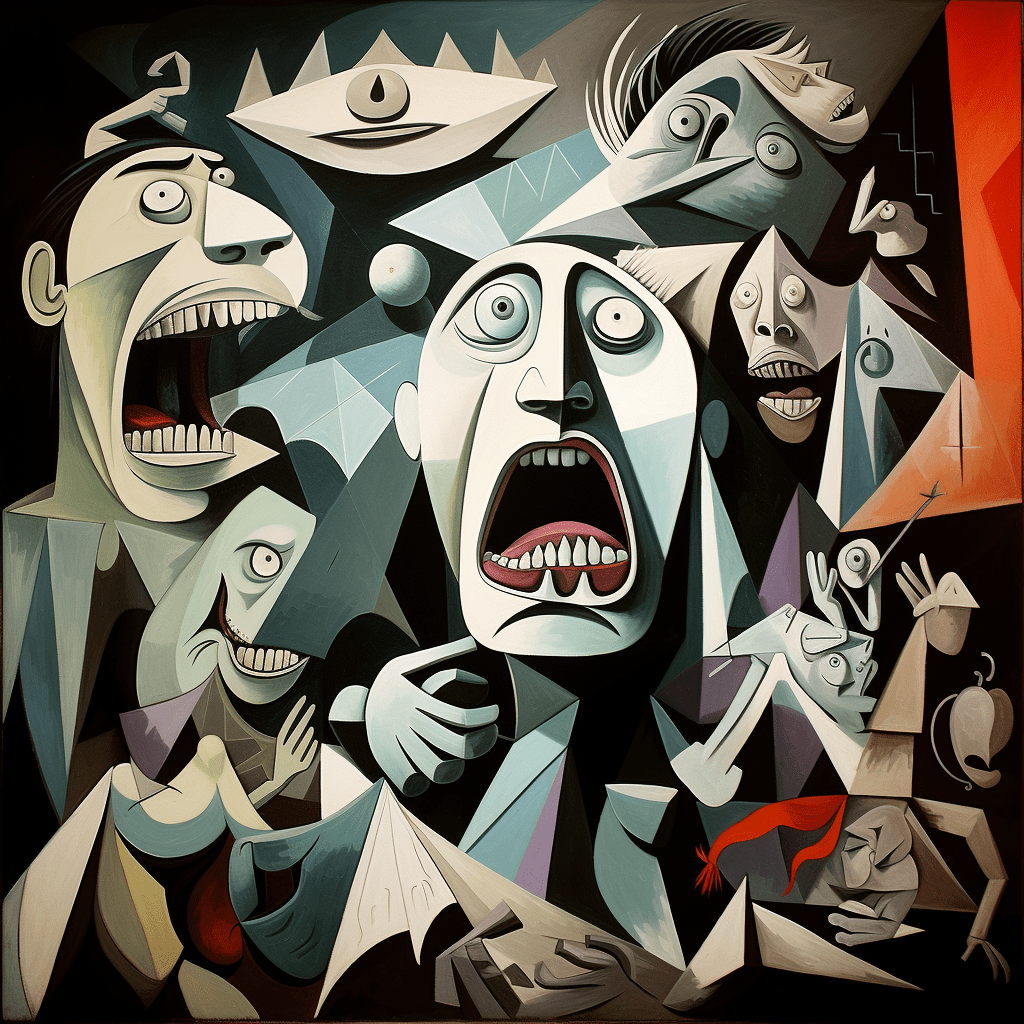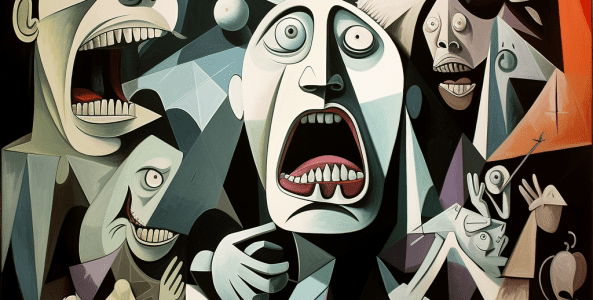Introduction
Throughout the course of humanity, conflicts, and disputes have emerged from various origins, such as territorial disputes, resource scarcity, or differing ideologies. However, beneath the surface of these conflicts lies a common and deeply ingrained human characteristic – the fear of the “other.” This fear of individuals who are perceived as different or foreign often catalyzes prejudice, discrimination, and ultimately, conflict. In this article, we will delve into why the fear of the “other” can be seen as the fundamental cause of all evil in human conflicts.
The Nature of Fear
Fear, as a powerful and primal emotion, has evolved in humans as a survival mechanism. It played a crucial role in aiding our ancestors to identify potential threats and respond accordingly. However, in modern times, this innate fear response can be triggered by individuals who are seen as different. This fear often leads to the dehumanization of the “other” and the justification of harmful actions.
The Psychology of Us vs. Them
The fear of the “other” is at the core of the human conflict and can be attributed to the psychological concept of “us vs. them”. When individuals identify themselves as part of a specific group, whether based on nationality, religion, race, or any other factor, they tend to view members of their group as “us” and those outside their group as “them”. This cognitive bias creates a divisive mindset where people are more inclined to perceive differences as threats.
Historical Examples
History provides numerous examples of conflicts rooted in the fear of the “other”. World War II, for instance, witnessed the demonization of Jews and other minority groups by the Nazi regime, ultimately leading to the Holocaust. Similarly, the Rwandan Genocide was fueled by ethnic tensions and the dehumanization of the “other” group. In both cases, the fear of those perceived as different played a central role in the commission of atrocities.
Prejudice and Discrimination
The fear of the “other” often materializes as prejudice and discrimination. Prejudice entails preconceived negative judgments or opinions about a person or group based on perceived differences, while discrimination involves unfair treatment based on those differences. Both prejudice and discrimination can result in exclusion, inequality, and social tension, ultimately escalating into conflicts.
Resource Scarcity and Competition
Resource scarcity is another factor that can exacerbate the fear of the “other”. When essential resources like food, water, or land become scarce, individuals may attribute their hardships to outsiders or minority groups. This blame can cultivate hostility and violence, as evidenced by numerous resource-driven conflicts throughout history.
Religious and Ideological Differences
Religious and ideological disparities have been significant catalysts of conflict throughout history. The fear of individuals who adhere to different beliefs can lead to religious persecution, holy wars, and political strife. When people perceive their faith or ideology as the only valid one, they often perceive others as a threat to their way of life.
Overcoming the Fear of the “Other”
While the fear of the “other” undeniably lies at the heart of much evil in human conflicts, it is not an insurmountable problem. Education, exposure to diverse perspectives, and fostering empathy can all help mitigate this fear. It is crucial to recognize our shared humanity and the enrichment that arises from embracing diversity rather than fearing it.
Conclusion
The fear of the “other” is deeply ingrained in human psychology and has consistently served as a source of conflict throughout history. It drives prejudice, discrimination, and even violence when left unaddressed. However, by acknowledging this fear and actively working to overcome it through education, empathy, and acceptance of diversity, we can aspire to create a more peaceful and harmonious world where differences are celebrated rather than feared. Ultimately, addressing the root cause of all evil in human conflict begins with recognizing the common humanity that unites us all.


